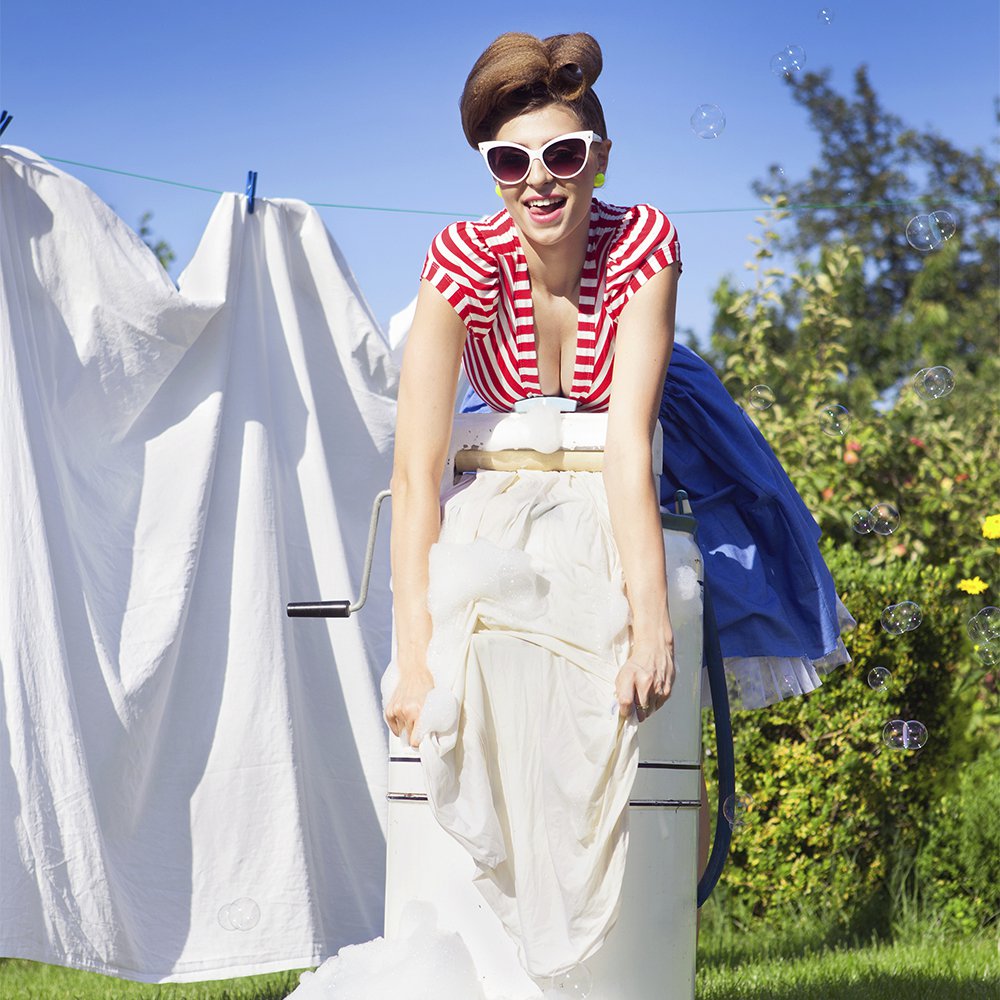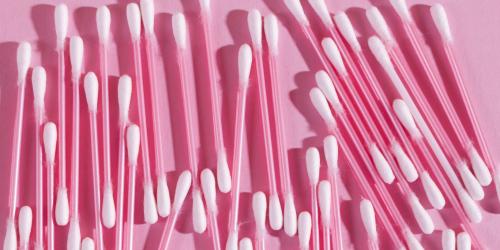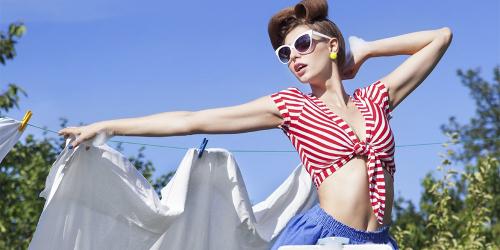Is the A so economical?
According to "Cool Products for a Cool Planet", an NGO coalition specializing in eco-design, appliance manufacturers overestimate the energy performance of their appliances by about 10% compared to reality. And, in France, 1 appliance out of 2 would not comply with its energy label updated every 4 to 5 years only. Especially since it is the standard programs of machines that are tested and that in real life, they are not the most used. The European Commission has decided to investigate. We expect the verdict in the coming months to have if the A label is really reliable.
To save energy, what do I do?
- If I had planned to change my old dishwasher, I start anyway . New appliances (A ) consume less energy and especially 60 to 70% less water (6 to 7 l vs. 13.5 to 15 l) than 10 years ago.
- I take a look at the website of the comparator Topten to find green and durable equipment.
- I buy in stores rather than online. According to the French consumer association UFC-Que Choisir, energy labeling is more reliable in stores that are well established (70% reliability versus 10% for e-commerce).
- I avoid XXL formats. The washing machines are very energy-consuming because they are not very adapted to the actual load of the washed laundry (3.5 kg on average) or the US fridge consumes twice as much as a conventional handset ...
- I forget short cycles in favor of the "eco" mode to reduce electricity consumption by 30 to 45% for each laundry. And I wash at 30 ° rather than 40 ° to reduce the energy bill by 40%.


